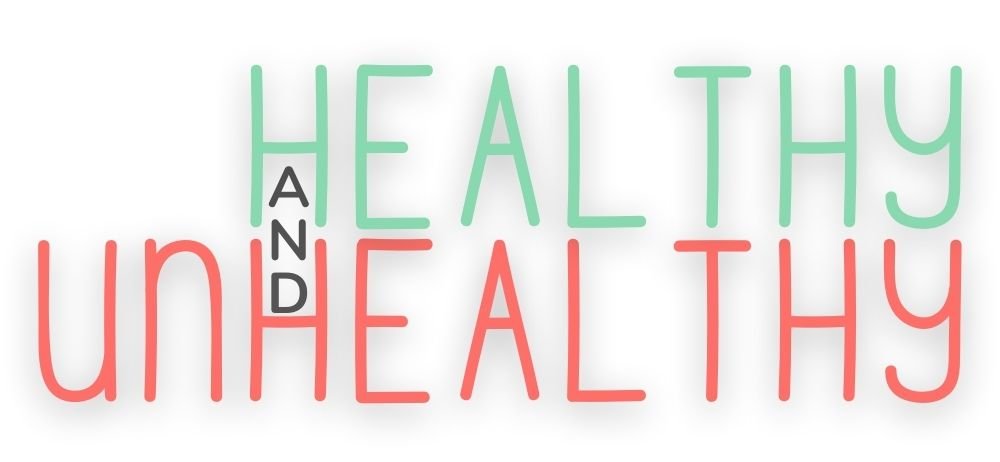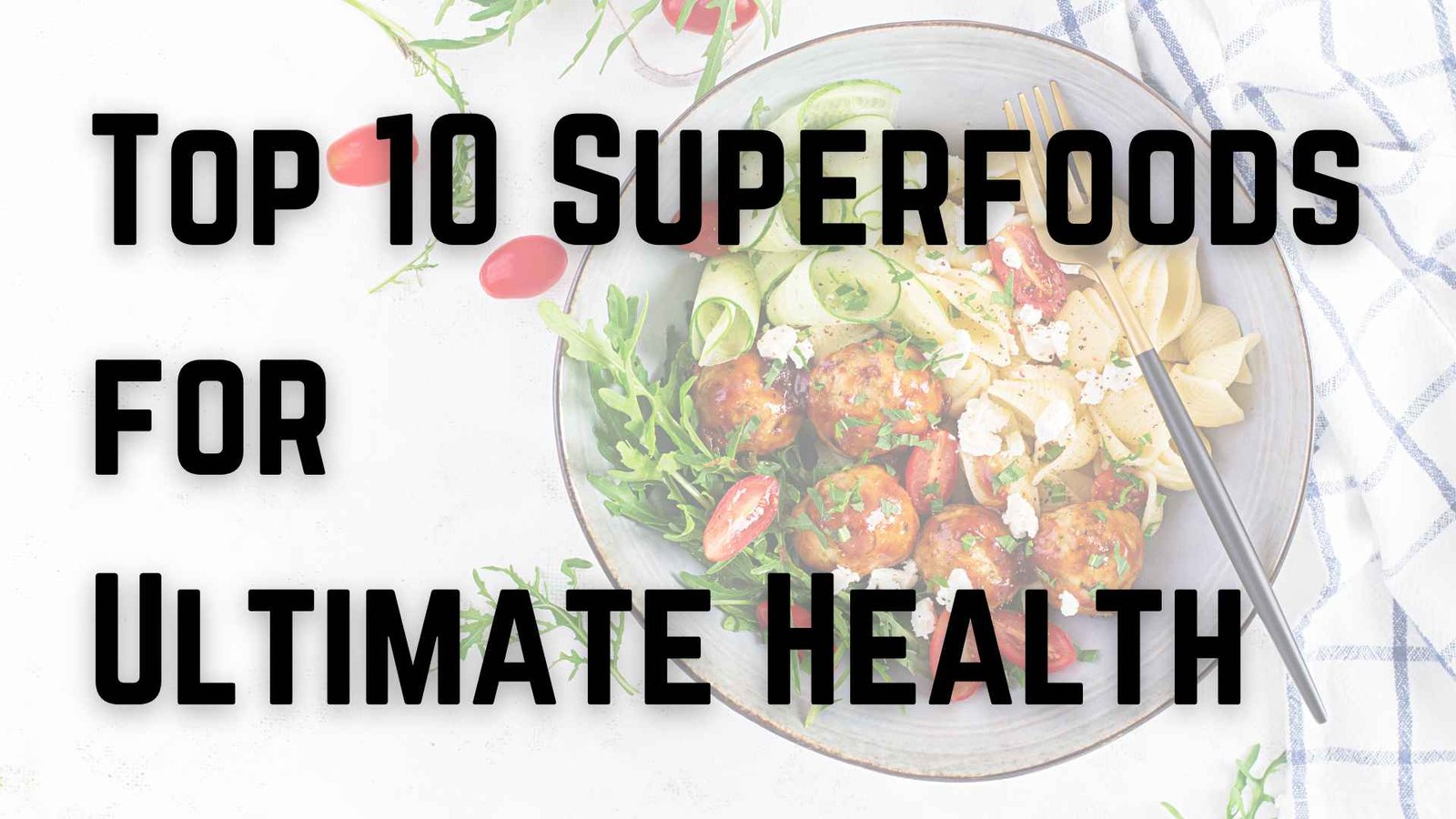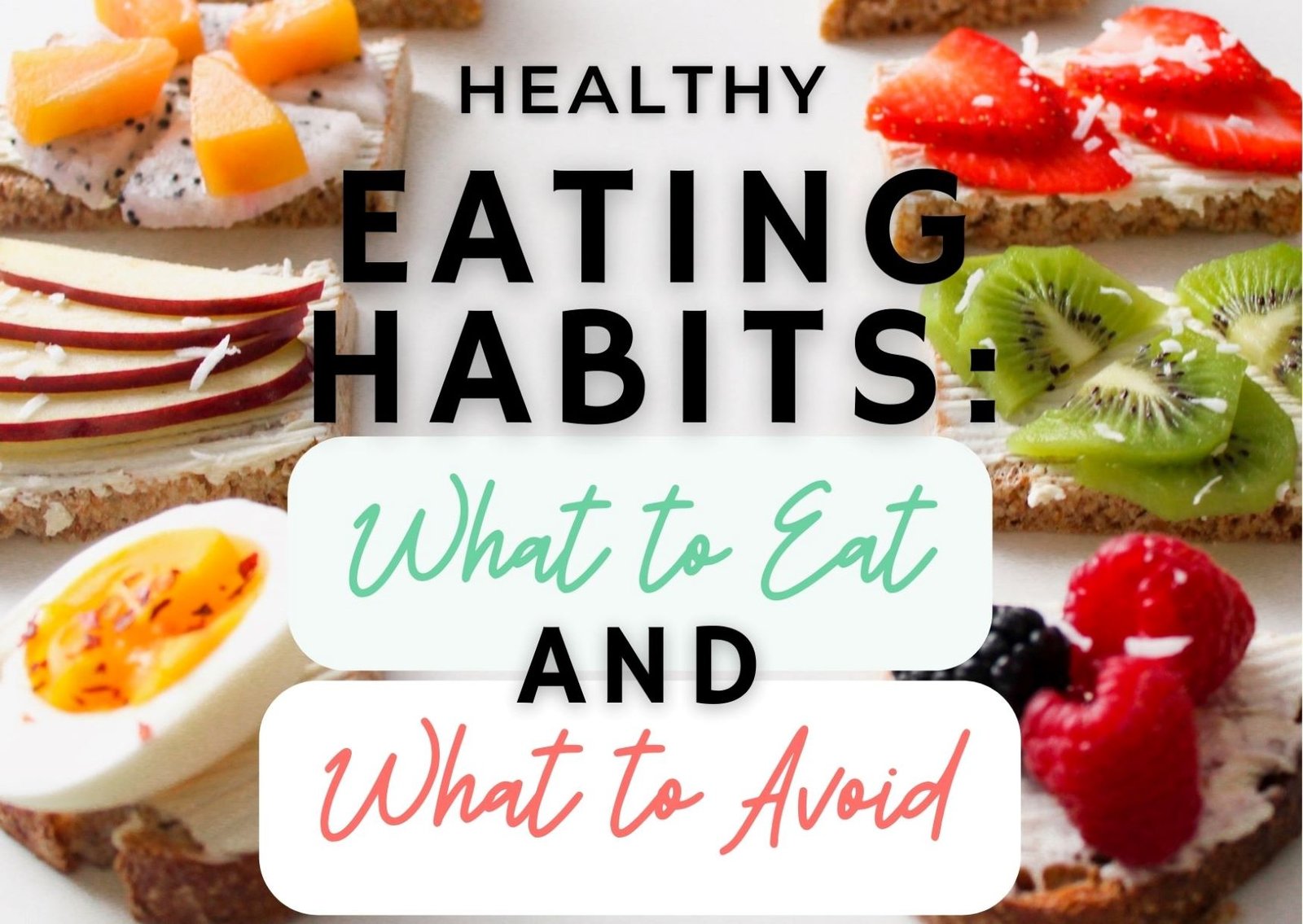Every day, millions of individuals worldwide indulge in their favorite foods and drinks, blissfully unaware of the hidden sugars lurking within. Often camouflaged under various pseudonyms on ingredient labels, these sugars can pose significant health risks. This article delves deep into identifying these concealed sugars, understanding their adverse effects, and offering strategies to sidestep the sugar trap.
The Many Faces of Sugar
When we think of sugar, the immediate image that comes to mind is often the white, crystalline substance we spoon into our morning coffee. However, sugar wears many disguises. A quick scan of an ingredient list might reveal names such as high fructose corn syrup, maltose, or dextrose – all various forms of sugar. While fruits contain natural sugars that our bodies can process effectively, the added sugars, often hidden in processed foods, are of concern.
Hidden Sugars in Everyday Foods
Let's take a closer look at some everyday foods:
Flavoreds Yogurt: While yogurt is a source of essential probiotics, flavored variants can contain as much sugar as a candy bar.
Granola Bars: Marketed as the ideal ‘healthy’ snack, many granola bars are laden with sugars, making them more akin to dessert.
Fruit Juices: While they might seem like a wholesome choice, some fruit juices have added sugars that rival those in sodas.
Moreover, the world of marketing further muddies the waters. Terms like “healthy,” “organic,” and “natural” can be misleading. Just because a product falls under these categories doesn’t mean it’s free from excessive added sugars.
The Health Implications of Excessive Sugar Intake
The repercussions of high sugar consumption are not just limited to cavities. Regularly consuming large amounts of sugar can lead to weight gain, increasing the risk of diabetes, heart disease, and other chronic conditions. Recent research has even linked high sugar intake to non-alcoholic fatty liver disease and cognitive decline.
Tips to Reduce Sugar Intake
Read Labels: Acquaint yourself with sugar’s many names and meticulously scan product labels.
Opt for Alternatives: Choose unsweetened or lightly sweetened variants of beverages and snacks. Natural sweeteners like honey or maple syrup can be healthier alternatives in moderation.
Gradual Reduction: If you’re used to heavily sweetened foods, gradually reduce the sugar to give your palate time to adjust.
Be Sauce-Savvy: Sauces, dressings, and condiments can be stealthy sugar sources. Opt for homemade versions or low-sugar alternatives.
The journey to reducing sugar intake begins with awareness. As consumers, it’s crucial to be vigilant and make informed choices for a healthier, more vibrant life. Share this newfound knowledge with loved ones, fostering a community prioritizing well-being over momentary sweetness. After all, the sweetest moments in life aren’t just about sugar.





